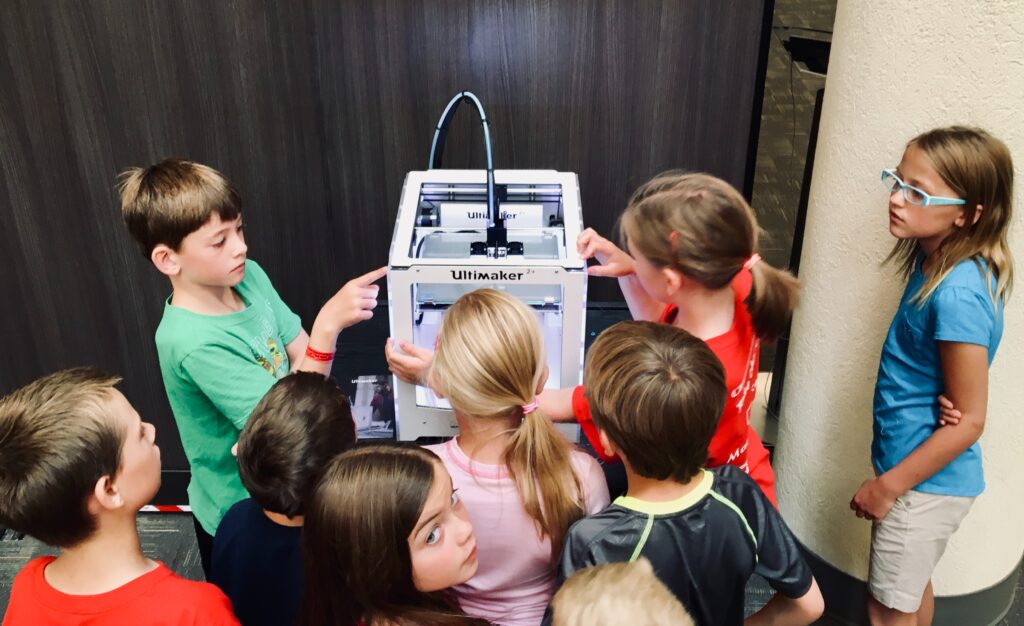School can bring about a number of challenges but what do you do if your child with autism is not allowed on a school trip?
In this article we explore your options and give you some tactics on how to deal with this difficult situation.
Inclusion?
Every child deserves equal opportunities for education, socialisation, and development.
However, there are instances when children with autism face exclusion and discrimination, such as being denied participation in school trips.
As a parent, it can be disheartening to witness your child being left out.
As much as we know our child has difficulties we often just long for them to fit in.
When a school takes this stance it can send a lightning bolt of sadness through both parents and the child.
Here are some ways in which you could handle the situation.
Be guided by your child
Life in a mainstream school can be challenging for a child with autism. The last thing you want to do as a parent is make it more difficult for them.
If your child has a level of communication and understanding to discuss the issue, your first step should be to establish how they feel.
It could be that your child doesn’t want your intervention and was frankly happy to be left out of the excursion.
Or it may be that your child simply doesn’t want to draw any further attention to the exclusion and would prefer to just move on.

Communicate with the school
If you have come to the conclusion that your intervention is required you should reach out to the school.
Depending on where you are in the world it is likely that there is a dedicated special needs coordinator.
Initiate a respectful and constructive conversation with those involved in the decision-making process.
Share your concerns regarding your child’s exclusion and inquire about the reasons behind the decision.
Encourage open dialogue and emphasise your commitment to finding a solution that benefits both your child and the other pupils.
Highlight the benefits of inclusion
.Advocate for the educational and social benefits of inclusion, not only for your child but for other students also.
You could present research-based evidence that supports inclusive education and how it positively social development.
Perhaps share success stories of other schools that have implemented inclusive practices, demonstrating the potential benefits.
Ask for help
Connect with local or national autism advocacy organisations for guidance and support.
These can provide valuable resources, legal advice, and assistance in navigating the educational system.
They can also connect you with other parents who have faced similar challenges and share their experiences and strategies.
Request a meeting with school seniors
If the issue remains unresolved after engaging in early discussions, consider requesting a meeting with the school board or headteacher.
Prepare a well-documented case that highlights the potential legal implications of excluding your child from the school trip.
You could emphasise the importance of equal access to educational opportunities.

Consider legal options
Depending on quite how far you want to take your intervention, you could consider legal action.
You could consult with a special education attorney/solicitor or seek advice from legal resources specialising in disability rights.
They can help assess the situation, evaluate legal options, and guide you through the process of filing a formal complaint if applicable.
If all else fails…
If through your attempts at intervention you could consider how you could support your child by other means.
Depending on your availability and other commitments you could take your child somewhere yourself.
Perhaps spend the day learning and bonding at an educational venue such as a museum or attraction.
You may well have to ironically gain permission from the school to do this but given the circumstances they are likely to approve.
Look for community organisations, recreational programs, or specialised camps that cater to children with autism.
Engaging in these activities can offer your child valuable experiences and foster their social development.
Summary – Child with autism not allowed on a school trip?
Exclusion of autistic children from school trips is a disheartening reality, but parents have the power to make a difference.
By gathering information, advocating for inclusion, and utilizing available resources, parents can work towards ensuring that their child’s rights are protected.
You can campaign to ensure their educational journey is one of inclusivity, growth, and equal opportunities.
Remember, every child deserves the chance to participate in enriching experiences and create lasting memories.
By taking proactive steps, engaging in open communication, and seeking support, parents can pave the way for a more inclusive and accepting educational environment.

